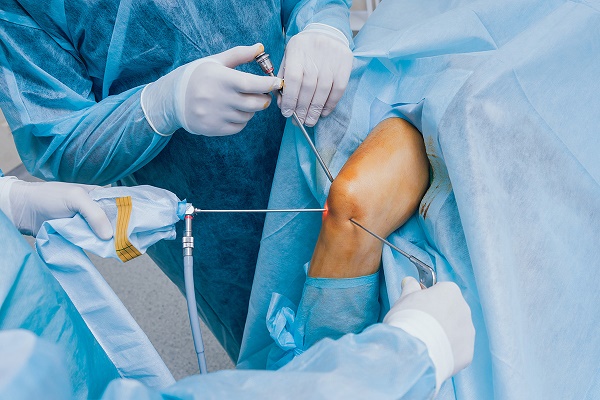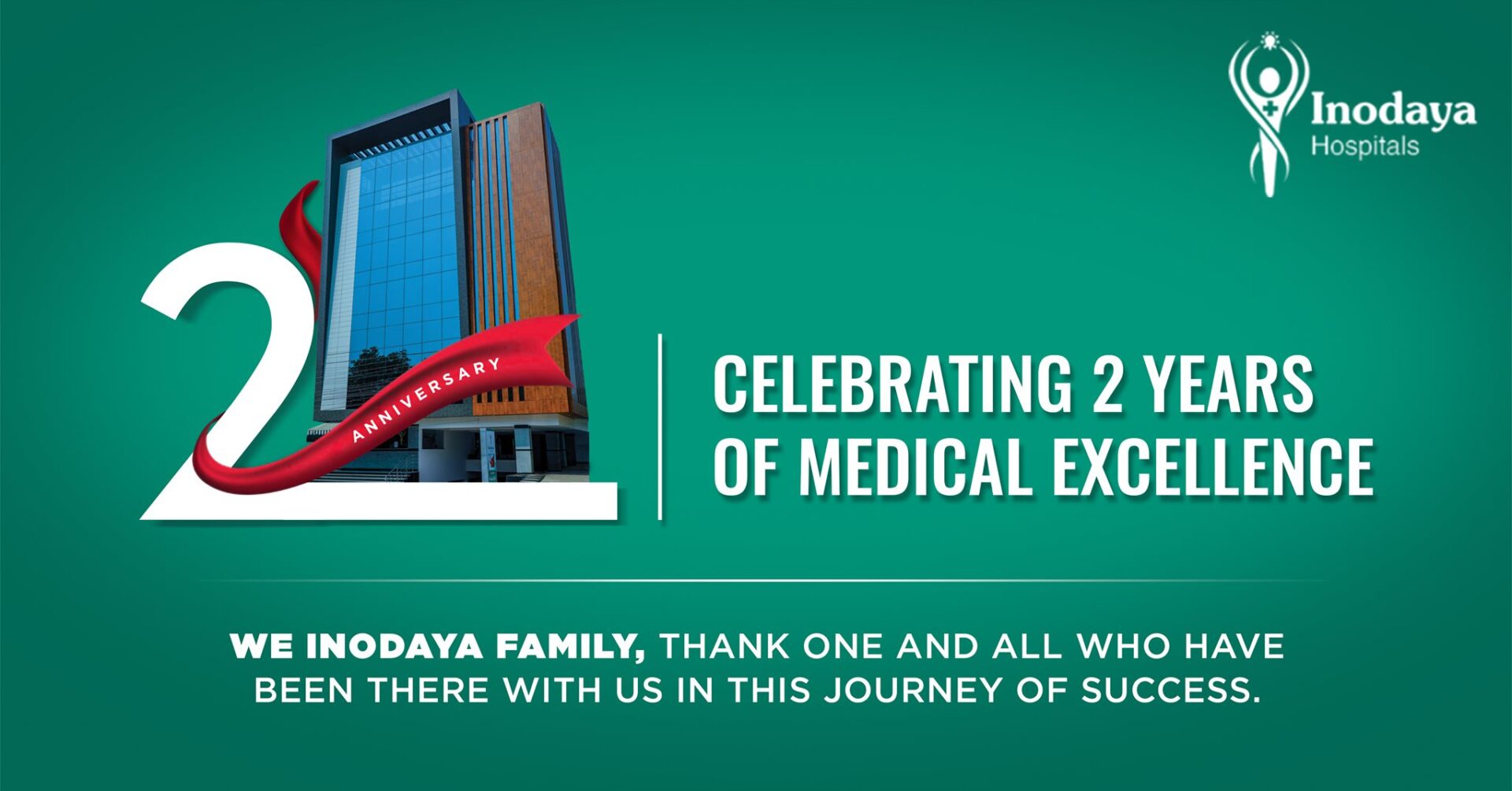Overweight and obesity is a common problems across the world. The fundamental causes of being overweight are leading a sedentary lifestyle, eating unhealthy foods, stress, and various medical conditions that may contribute to a high BMI.
People invest their time in physical exercise to become fit, but sometimes it doesn’t work. However, maintaining healthy body weight is a must for us. This is why the importance of weight loss surgery, known as bariatric surgery, came into play. Gastric bypass surgery or bariatric surgery is a highly effective surgical procedure that involves changing your digestive system to help you lose weight.
Weight loss surgery is recommended for patients with a Body Mass Index (BMI) greater than 35 or 40. You might be considering whether the bariatric surgical procedure will affect your fertility and future possibilities to conceive and have children.
But, getting pregnant after weight loss surgery is not an issue. In this article, Dr. Ram Mohan, the best Bariatric and metabolic surgeon in Kakinada, explains more about bariatric surgery and pregnancy.
Will you be able to conceive after weight loss surgery?
Yes!. Pregnancy after bariatric surgery is possible, safe, and successful compared to the pregnancy of obese women. However, experts recommend postponing pregnancy until your weight stabilizes – typically 12 to 18 months after surgery. Some other experts may suggest a waiting period for at least 2 years before getting pregnant.
Early pregnancy after bariatric surgery could lead to development issues in a baby. This is because weight loss surgery will help you lose weight quickly, so your growing baby might not get all the nutrients required.
What are the benefits of conceiving a baby after bariatric surgery?
Obesity is associated with reduced fertility so conceiving can be challenging due to oligoovulation or anovulation. Even if a woman gets pregnant while being obese, there is an increased risk of developing various conditions such as gestational diabetes, hypertension, or preeclampsia.
Therefore, weight loss is the best way to reduce the risks of obesity, and bariatric surgery is an effective, safe, and non-invasive procedure. Studies suggest that as the menstrual cycles become regular, ovulation improves after bariatric surgery, which leads to a greater possibility of conceiving.
What are the risks of getting pregnant after bariatric surgery?
After bariatric surgery, the primary risk of pregnancy is not getting enough nutrients for the mother and the growing baby. However, your doctor might recommend nutritional deficiency testing before conception to determine the need for vitamin and mineral supplements and monthly tests during pregnancy.
Other possible complications include anemia, weight gain, low birth weight for the child, and possibly an increased risk of C-section.
How is pregnancy after bariatric surgery different?
During the nine months of pregnancy, prenatal care is the same as for other women. However, there are a few differences in a pregnancy after a bariatric surgical procedure.
Consulting with the gastric bypass surgeon who performed the procedure before trying to conceive is recommended. You may also need to take additional vitamin and mineral supplements to ensure that your growing baby gets all the nutrients needed.
Gaining weight during pregnancy is completely normal. As long as you eat well and remain active during pregnancy, losing this extra weight could not be a problem.
Is there a difference in labor and delivery during pregnancy after weight loss surgery? No. Management of labor and delivery after bariatric surgery should be the same as with any pregnant woman.
While the C-section rate is higher among those who have had bariatric surgery in the past, the surgery is not an indication of C-section and safe; normal delivery is entirely possible.
What should you follow to have a healthy pregnancy after bariatric surgery?
Eating healthy and staying physically active are important to maintaining your baby’s health during pregnancy. If you want to try to conceive after bariatric surgery, speak to a dietician and your bariatric surgeon for advice on nutrition and weight gain during pregnancy.
A doctor might recommend a fetal ultrasound to monitor your baby’s growth. This is particularly important if you have had poor weight gain during pregnancy or became pregnant within two years of having weight loss surgery.
If you would like to speak to our Bariatric surgery experts in Kakinada, please contact us at Inodaya Hospitals today.






















































